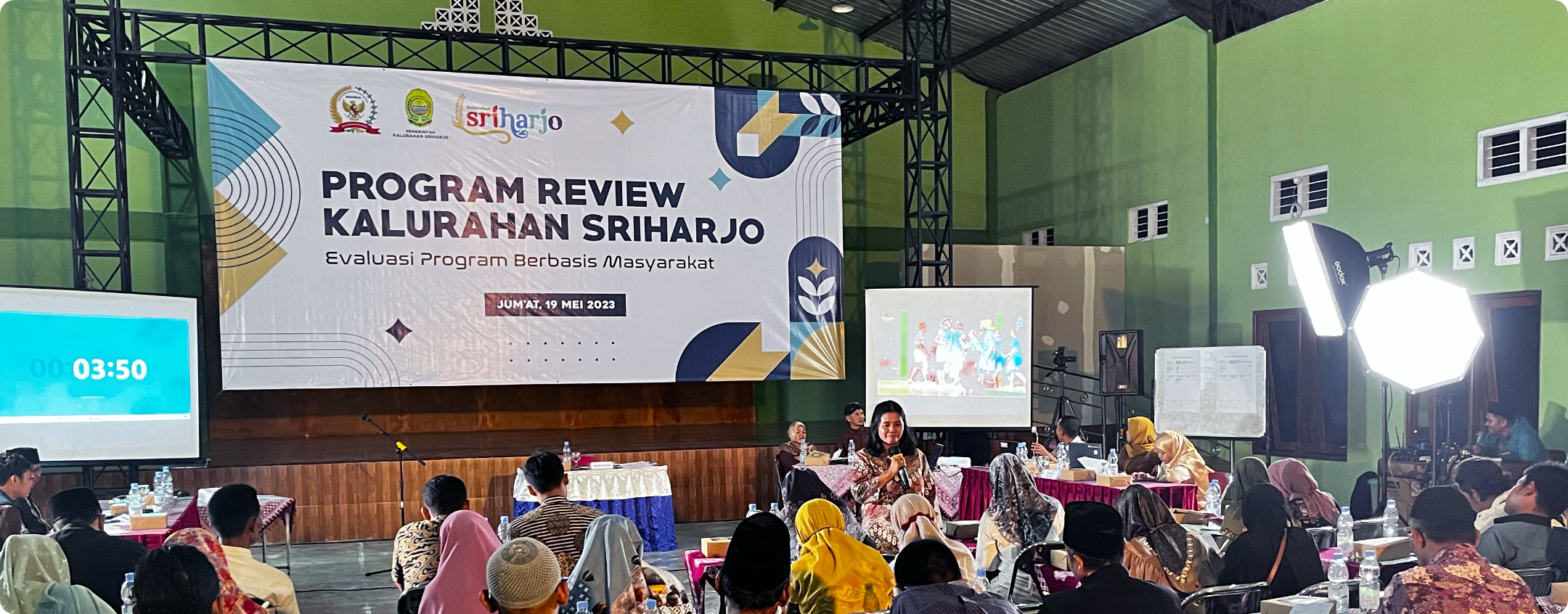

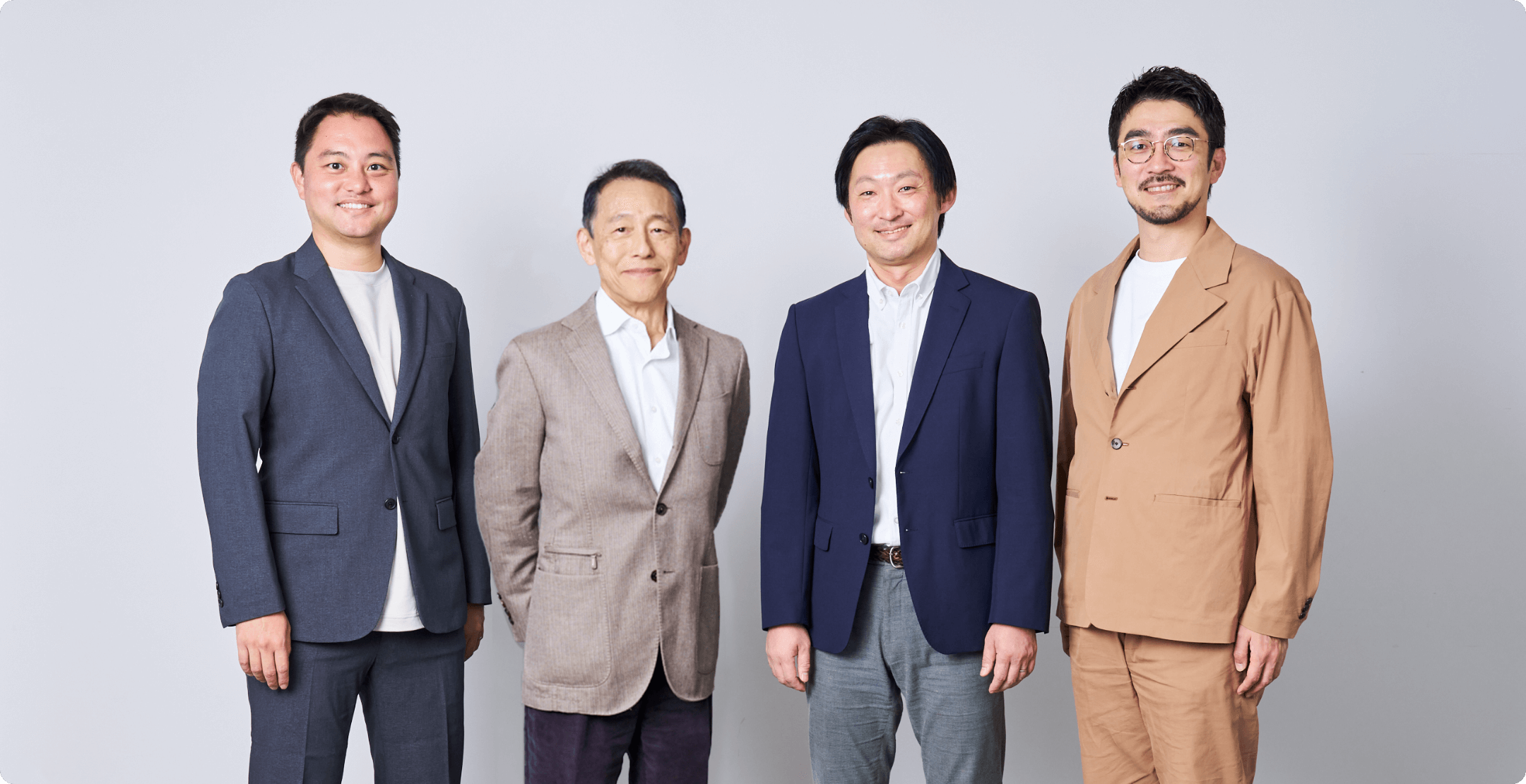

Around the world, people are saying that democracy is in crisis. At the root of this is the widening gap between government and people’s day-to-day lives. What can we do about this? At KOSO NIPPON, we want people to make political matters their own business. Before looking to politicians, we need to take action ourselves. This is the foundation of democracy. If our approach has worked in Japan, where the gap between government and the citizenry is now the largest in the world, then it can work in any country or region. When we think of politics as part of our day-to-day life and get involved in the political matters around us, we can build a society that brings high levels of satisfaction at a lower cost, without relying on tax revenue increase or hoping for higher economic growth.
Residents Councils:
Making it our own business
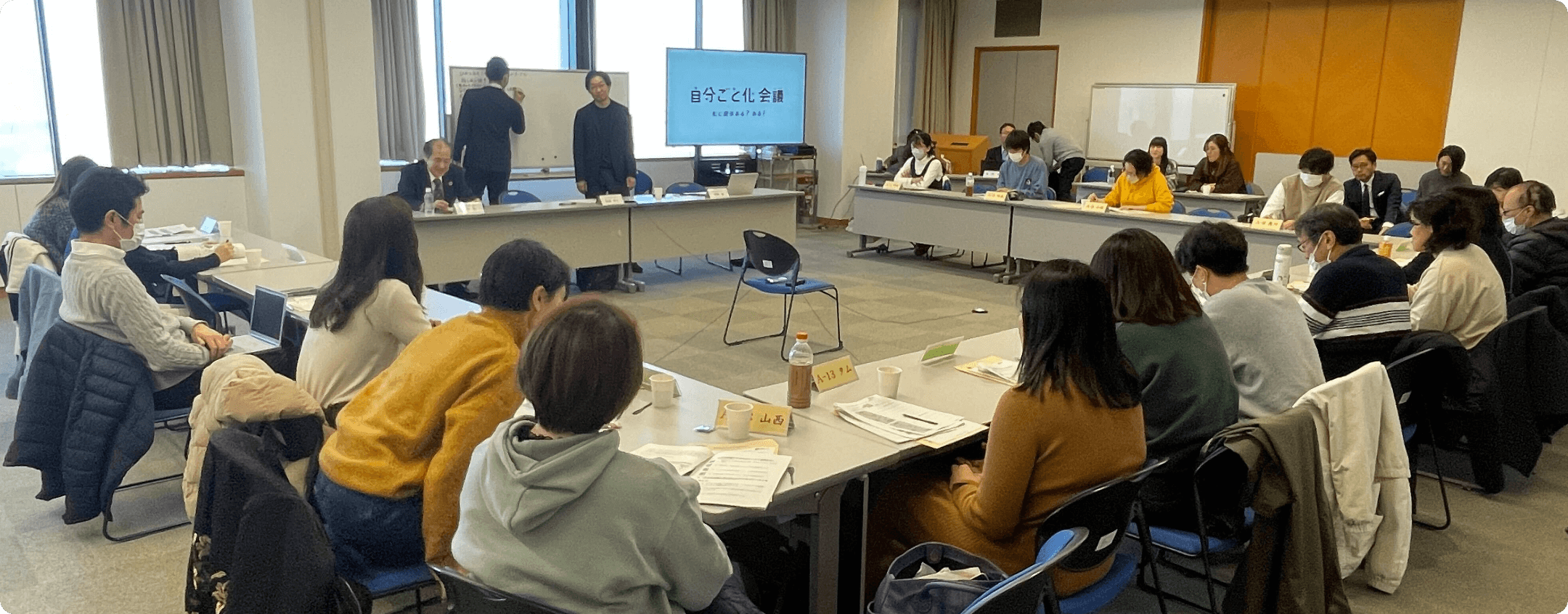
Residents Councils provide a space for randomly selected residents to think
about and discuss local issues, making those issues ‘their own business’.
Two Types of
Residents Council
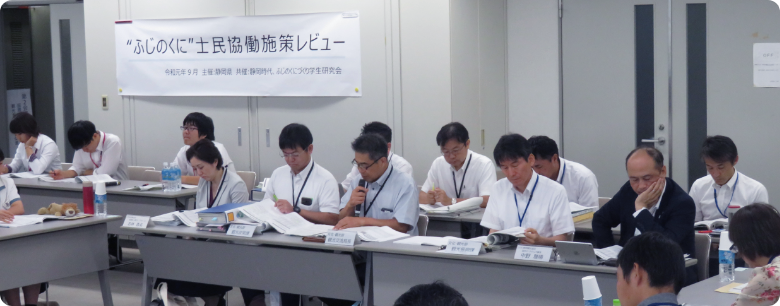
Administrative projects are reviewed from the point of view of local residents. The process helps eliminate wasteful spending and can lead to administrative and financial reforms.
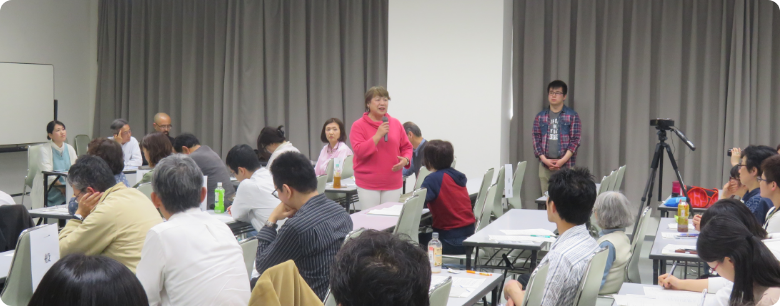
Residents discuss a variety of community issues from a personal perspective and come up with their own solutions.
Residents Councils
Across Japan


- 156
- Number of local governments that have implemented Residents Councils
- 335(1 held by the national government)
- Total number of Residents Councils held
- 308,000
- Number of invitation letters sent to residents
- 11,424
- Number of Residents Council participants
*The local government names and numbers shown above include project reviews held without the direct participation of residents. Data as of March 31, 2023.
Random Selection

The deliberative wave has been building over time
Number of representative deliberative processes over time (total annually and on average per year), 1986-2019
Source:
Innovative Citizen Participation and New Democratic Institutions: Catching the Deliberative Wave, OECD, published June 10, 2020.
Organizers’ Voices
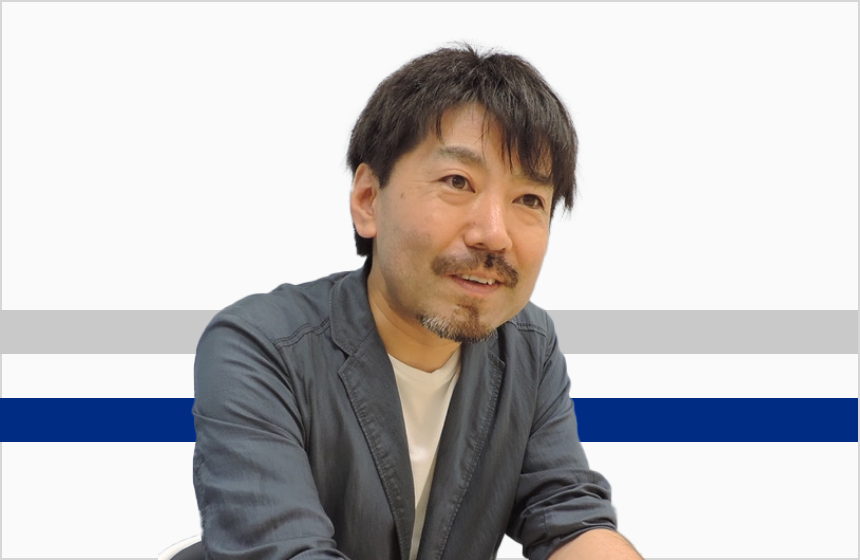
- Mitsushige Yamanaka
- Former Mayor of Matsusaka City and Director of Shirohige Home Clinic
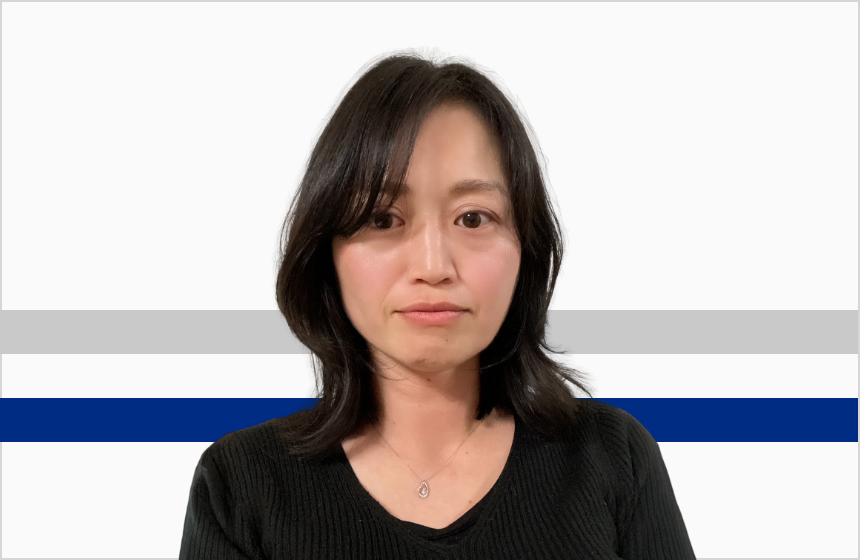
- Asuka Nanri
- Business Administration Department Manager, Toyama Prefecture
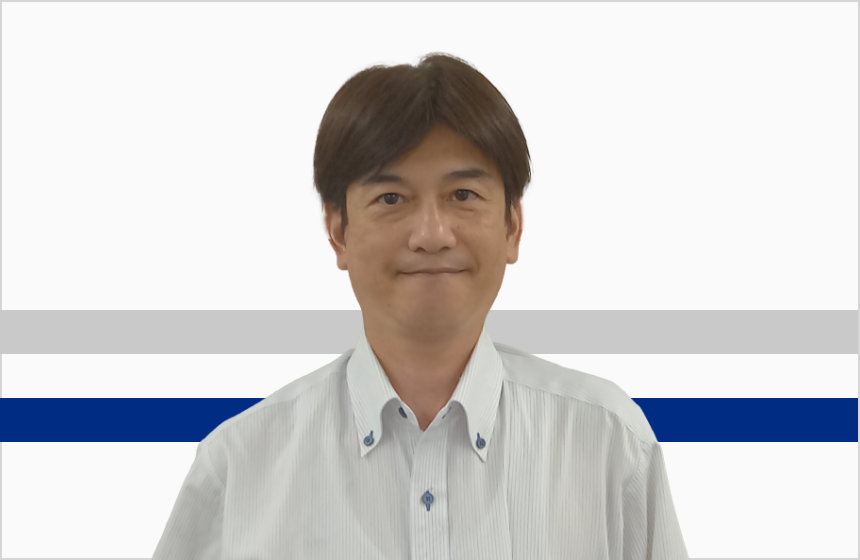
- Takashi Maruyama
- Section Manager, Finance Division, Mihara City
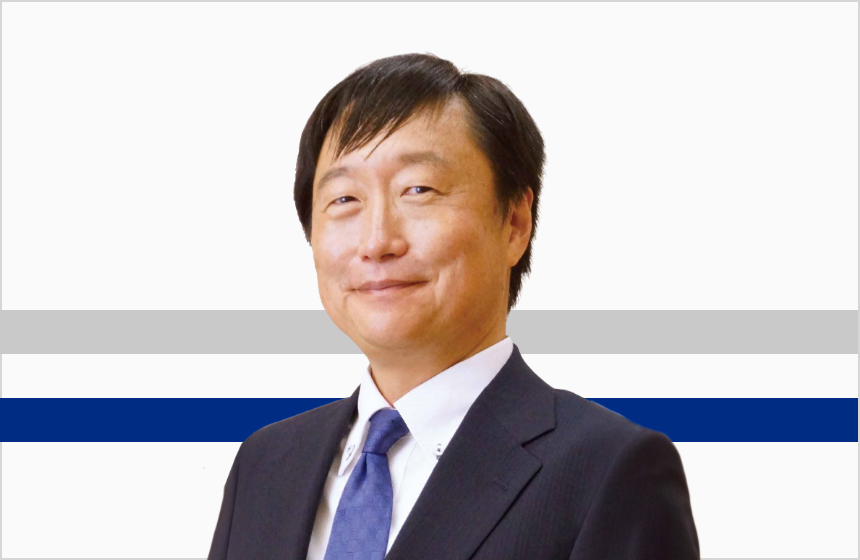
- Tetsushi Nakayama
- Mayor of Tachiarai Town, Fukuoka Prefecture
Participants’ Voices
- It was a space where people felt safe to speak, and where every individual was valued. I felt comfortable, as if I was talking with a big family.
- I felt it was a good thing that women and men have different perspectives. I realized that thinking of men and women in the same way sometimes creates problems.
- I didn’t think that this kind of meeting was actually possible. I felt the potential for real democracy.
- It was wonderful to have the Residents Council, where we could freely share our thoughts. I realized that it’s not about who is right, but about how we can live a happy life.
- Many different opinions and points of view were brought out. It was great to see that people have a lot of thoughts on this matter, but simply haven’t spoken out about them.
- Anyone can ‘just think,’ but I felt that it was very meaningful to have a place where we could turn this into action, coming up with ideas, exchanging opinions, and putting them together into a proposal.
- I felt that even as a high school student, I could help to make my town a better place. I am now thinking about returning to my hometown after I graduate from university.
- I participated in the council because my children are grown and I have more time to spare now. It gave me a chance to start thinking more deeply about social issues.
- I used to think that it didn’t matter if I didn’t know about political affairs, but after taking part in the Residents Council, I realized that not knowing was the source of my anxiety.
- I was able to hear stories about my town that I had never heard through the media. I liked the fact that the council wasn’t just about being ‘for’ or ‘against’ the issues.

